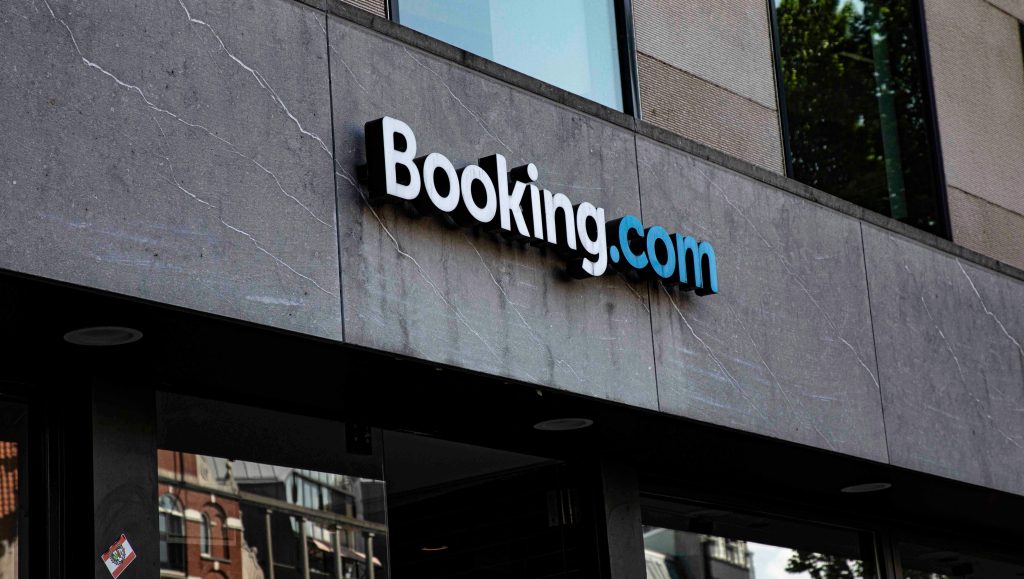
On Monday, November 25th, the European Commission hosted a workshop to discuss Booking.com’s recent compliance report, which detailed the steps that it’s taking to adapt to the Digital Markets Act (DMA) after being named a “gatekeeper” back in May 2024.
NB: This is an article from Triptease
Subscribe to our weekly newsletter and stay up to date
It was our first chance to get a glance into the EU hospitality industry’s reaction to the report – and there was a definite sense of disappointment in Booking.com’s limited changes. The stakeholders in attendance included representatives from a number of organizations all across Europe, including trade bodies, hospitality tech companies, large chain hotels, and smaller boutique properties – and they all seemed to be united by a belief that Booking.com isn’t doing enough to comply with the DMA.
After attending the workshop, these were some of the things that stood out to us the most – and really highlight where Booking.com may have missed the mark in satisfying their stakeholders, and the European Commission.
Stakeholders felt misrepresented in the public-facing report
Stakeholder associations including the European Hotel Forum and European hospitality trade body HOTREC felt Booking.com’s report implied that they had endorsed Booking’s report when they hadn’t. This is important, because Booking.com’s report used language around stakeholders as a way to validate the claims and decisions put forward.
“We met with Booking once, carefully listened to their description of their intended compliance measures, but we did not express any positive feedback whatsoever.” -Timothée Giard, European Hotel Forum
Parity Clauses may be gone – but Booking.com has other ways of influencing prices
The overall sentiment in the room was that Booking.com hasn’t done enough to create transparency and accountability in the way it uses prices and other factors to rank hotels on its platform. This came up via a few specific points raised during the workshop.
Internal “price competitiveness” is still a factor in Booking.com’s algorithm
When questioned by multiple stakeholders in last Monday’s session, Booking.com only confirmed that external pricing doesn’t impact its algorithm. But according to them, internal “price competitiveness” can – and Booking.com aren’t very clear on how they determine that.
Booking Sponsored Benefits still allows Booking.com to undercut hotels and control rates
Booking Sponsored Benefits (BSB) is another key way in which Booking.com can still control hotel pricing. If a hotel opts into Payments With Booking, they are automatically opted into BSB, a program through which Booking.com can offer lower rates and undercut partners (just at its own cost). Booking maintains this helps customers and gives them better rates – we would argue it really just helps Booking.com to secure the booking. Stakeholders pointed out the fact that hotels don’t have the option to participate in Payments With Booking without BSB.




